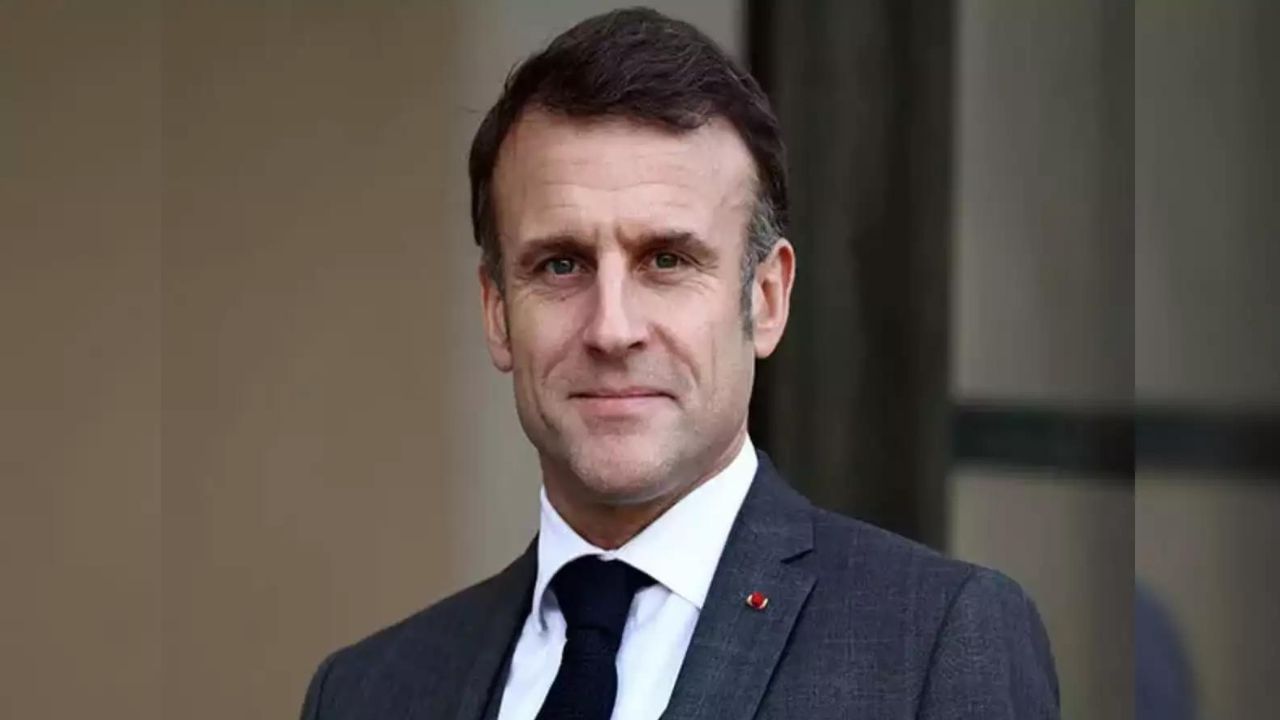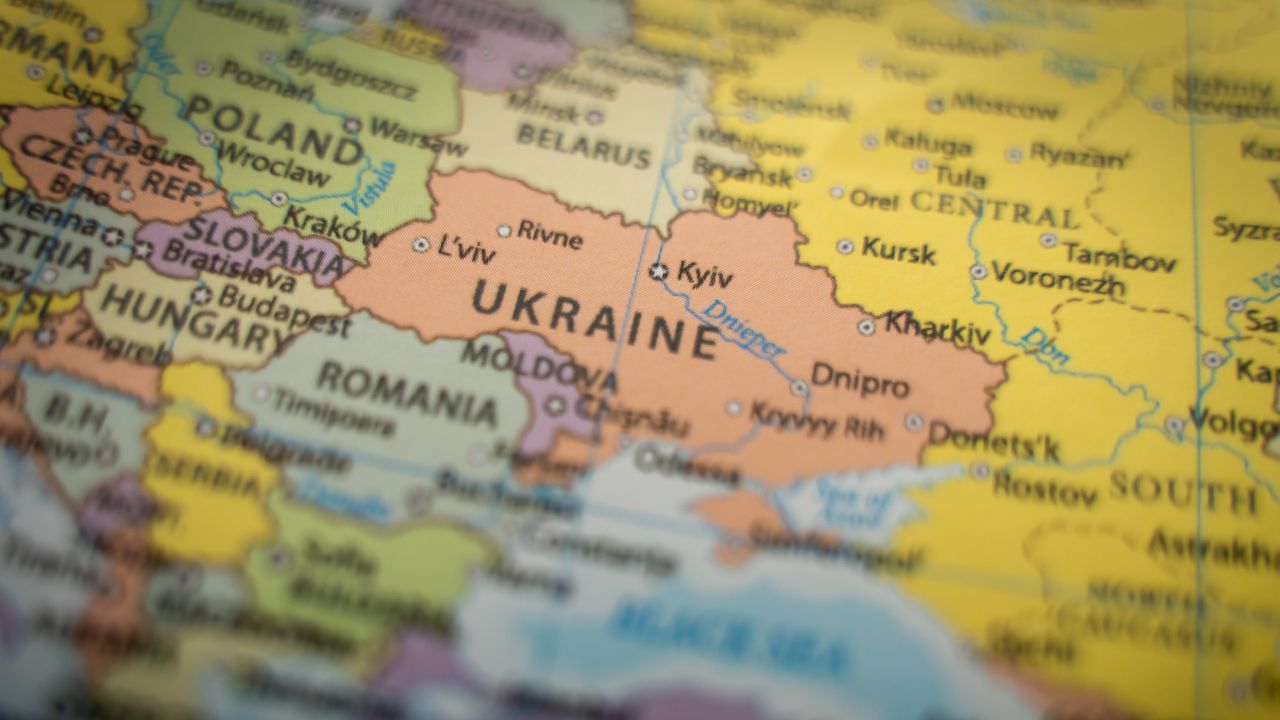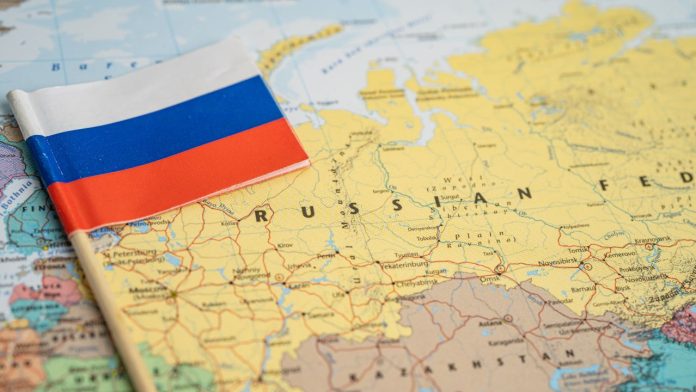French President Emmanuel Macron has taken a bold step by pushing the far-right to reveal its true colours on Russia.
In a calculated move, Macron has placed Ukraine aid at the centre of a parliamentary vote, using it as a litmus test to gauge the stance of the far-right, particularly targeting Marine Le Pen’s vulnerability concerning Moscow.
The political landscape in France has witnessed a subtle yet significant shift, with Macron strategically manoeuvring to force the far-right into a position where it must declare its stance on Russia.
By linking Ukraine’s aid to a parliamentary vote, Macron has created a scenario that demands a clear response from the far-right, exposing its alignment or divergence from mainstream European sentiments on the Ukrainian crisis.
Macron’s move is not merely a political tactic; it is a calculated effort to exploit the vulnerability of Marine Le Pen’s party regarding its relationship with Moscow.
By forcing a parliamentary vote on Ukraine aid, Macron aims to illuminate any ambiguity in the far-right’s position on Russia, potentially impacting public perception and the upcoming political landscape.
The How and Why of the Move
Macron’s decision to tie Ukraine’s aid to a parliamentary vote is a strategic diplomatic move. By bringing the issue to the forefront of French politics, he compels the far-right to take a clear stance on a matter that resonates with European unity.

This not only shapes the discourse on international relations but also positions Macron as a leader committed to a unified European response against Russian aggression.
The move is a shrewd attempt to expose political divides within the French political spectrum. Macron, cognizant of the upcoming elections and the rising influence of far-right sentiments, seeks to underscore the differences in approach toward Russia.
This calculated move not only addresses the immediate issue of Ukraine aid but also delves into the broader question of France’s foreign policy orientation in the face of geopolitical challenges.
The Timing and Potential Outcomes
The timing of Macron’s manoeuvre is crucial. With elections on the horizon, this calculated move aims to shape public opinion and influence voter perception regarding the far-right’s stance on Russia.
By placing the issue of Ukraine’s aid at the forefront, Macron introduces a geopolitical litmus test that could sway undecided voters and solidify support for his party.

The potential outcomes of this strategic move are multifaceted. If the far-right unequivocally supports the aid to Ukraine, it may redefine its image and distance itself from any perceived alignment with Moscow.
On the contrary, if the far-right hesitates or opposes the aid, it may reinforce existing concerns about its geopolitical orientation. Macron, in either case, stands to gain politically, showcasing his adept navigation of international affairs and commitment to European unity.
